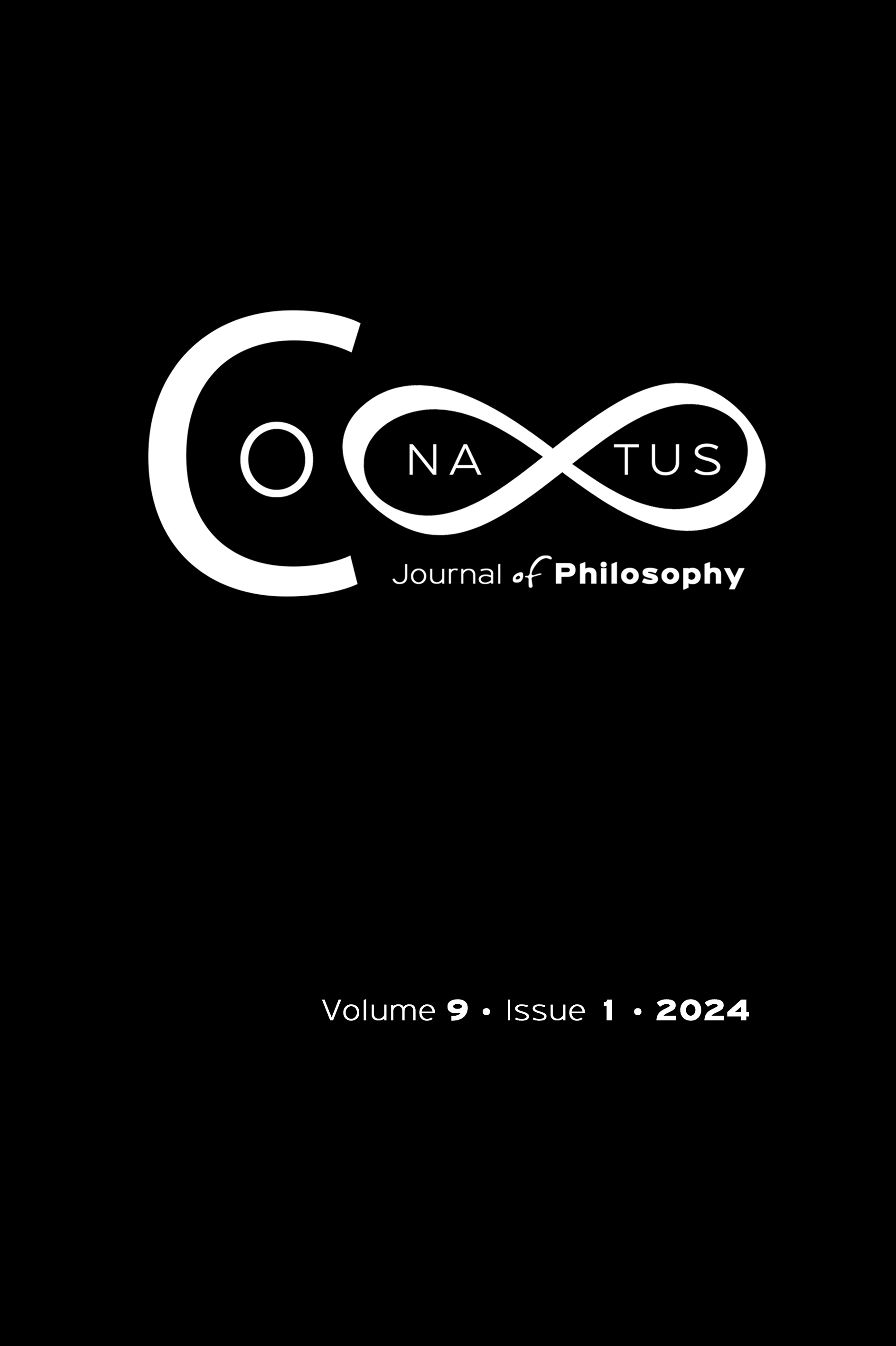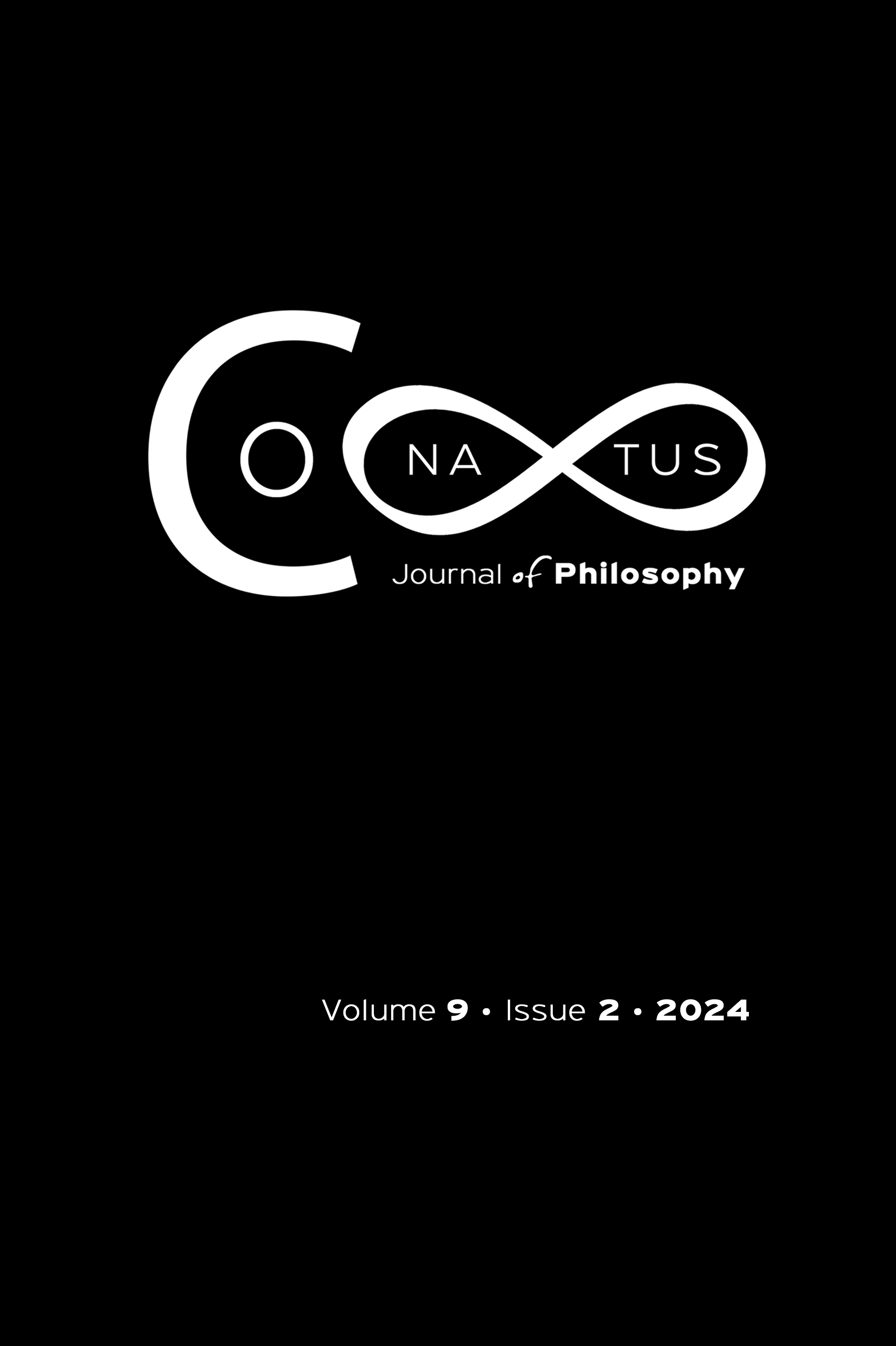The Problems of Human Embryos Genome Editing from the Position of Islam Denominations

Abstract
Biomedical technology is one of the most relevant and rapidly developing branches of science. In response to the major problems of bioethics and bio-law, bioethical dilemmas emerge in society, which constrain the abuse of new technologies. Medical discoveries, on the one hand, can greatly facilitate the life of humankind, but, on the other hand, the problem of interference in human nature actualizes the most fundamental questions concerning its ontology, the boundaries of permissible transformations, the responsibility of a scientist and a specialist, applying the latest technologies, for remote and unpredictable consequences, due to the integrity and interconnectedness of various aspects of human nature. This paper presents the experience of generalizing the attitude of the main Islamic confessions and different approaches in the legislation of Islamic countries to the problem of editing the human embryo genome. Based on a review of scientific and religious literature, it is concluded that, although the Islamic world is increasingly using Western models of behavior, in matters of the permissibility of editing the human embryo genome from the point of view of Islamic bioethics, it is necessary to rely on the principles of Sharia and multidisciplinary knowledge.
Article Details
- How to Cite
-
Minchenko, T., & Gribkov, E. (2024). The Problems of Human Embryos Genome Editing from the Position of Islam Denominations. Conatus - Journal of Philosophy, 9(1), 89–108. https://doi.org/10.12681/cjp.31514
- Section
- Articles
- Categories

This work is licensed under a Creative Commons Attribution-NonCommercial 4.0 International License.
Authors who publish with this journal agree to the following terms:
Authors retain copyright and grant the journal right of first publication with the work simultaneously licensed under a Creative Commons Attribution Non-Commercial International License (CC BY-NC 4.0) that allows others to share the work with an acknowledgement of the work's authorship and initial publication in this journal.
Authors are able to enter into separate, additional contractual arrangements for the non-exclusive distribution of the journal's published version of the work (e.g. post it to an institutional repository or publish it in a book), with an acknowledgement of its initial publication in this journal.
Authors are permitted and encouraged to post their work online (preferably in institutional repositories or on their website) prior to and during the submission process, as it can lead to productive exchanges, as well as earlier and greater citation of published work.






